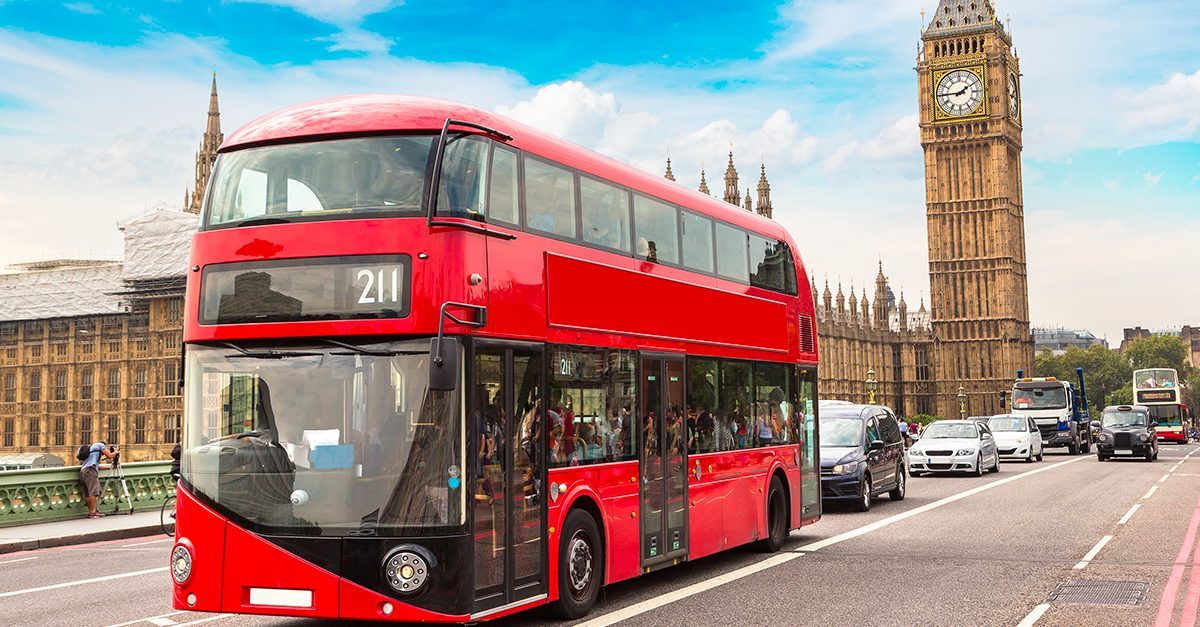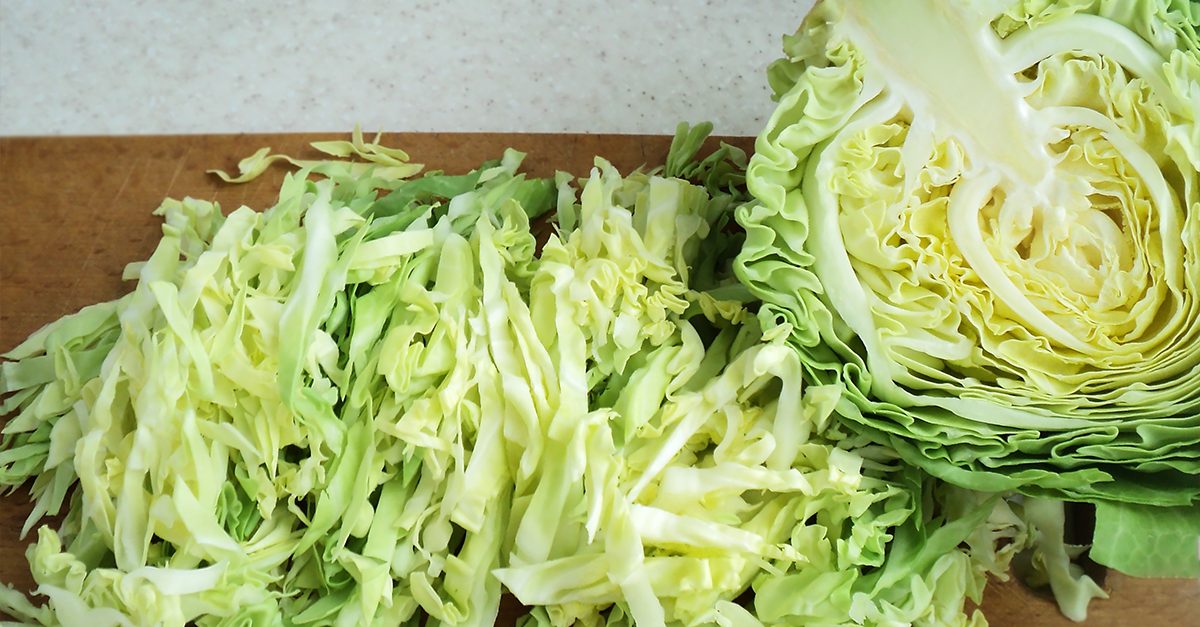Did You Know? London’s Double-Decker Buses Are Powered By Coffee
The famous red double-decker buses typical of the UK capital travel around the city (also) thanks to a liquid obtained from coffee waste from bars which is then mixed with classic diesel.
;Resize,width=742;)
Can we use coffee as fuel for cars? Yes and no, but it is certainly one of the most interesting biofuels in the world. This innovation is already very present, at least in the lives of the English. Since 2017, most London buses have been running on a biofuel made from coffee grounds, thus reducing the environmental impact without having to modify the engines. The idea is the brainchild of the British startup Bio-bean, which in collaboration with Shell and Argent Energy has developed an innovative fuel capable of integrating waste from the coffee supply chain into the production of biodiesel. The result? A more ecological alternative to traditional diesel, capable of reducing CO₂ emissions and giving new life to an often underestimated waste.
From Cup to Tank: How Coffee Fuel is Born
The process is as simple as it is revolutionary: Bio-bean collects coffee grounds from cafes, restaurants and food companies, dries them and extracts the oil, which is then mixed with other biofuels and finally combined with traditional diesel. Each production batch generates about 6,000 liters of fuel, enough to power a bus for a whole year.

According to official data from the New York Times, London's bus fleet, consisting of almost 10,000 vehicles, consumed 240 million liters of diesel in a single year. Considering that each Londoner drinks an average of 2.3 cups of coffee a day, around 200,000 tons of coffee grounds are generated annually, an amount that could be recovered in a more sustainable way. Arthur Kay, founder of Bio-bean, highlighted the potential of this technology, saying: "It's a great example of what can be achieved by treating waste as a resource rather than a problem." In addition to biofuel for public transport, Bio-bean has also developed coffee-based fuel sticks, ideal for use in stoves and fireplaces. And for those wondering why London doesn't smell like espresso, the company reassured: coffee oil has a strong aroma during the manufacturing process, but once refined and mixed with diesel, the smell disappears completely.
This idea should also be implemented in the rest of the world. Coffee grounds are certainly one of the most common wastes globally, considering the enormous amount of coffee consumed every day. It is estimated that every year about 10 million tons of coffee grounds are produced worldwide and that in Italy alone, about 500,000 tons of coffee grounds are generated every year that would be good to reuse.
;Resize,width=767;)
;Resize,width=712;)
;Resize,width=712;)

